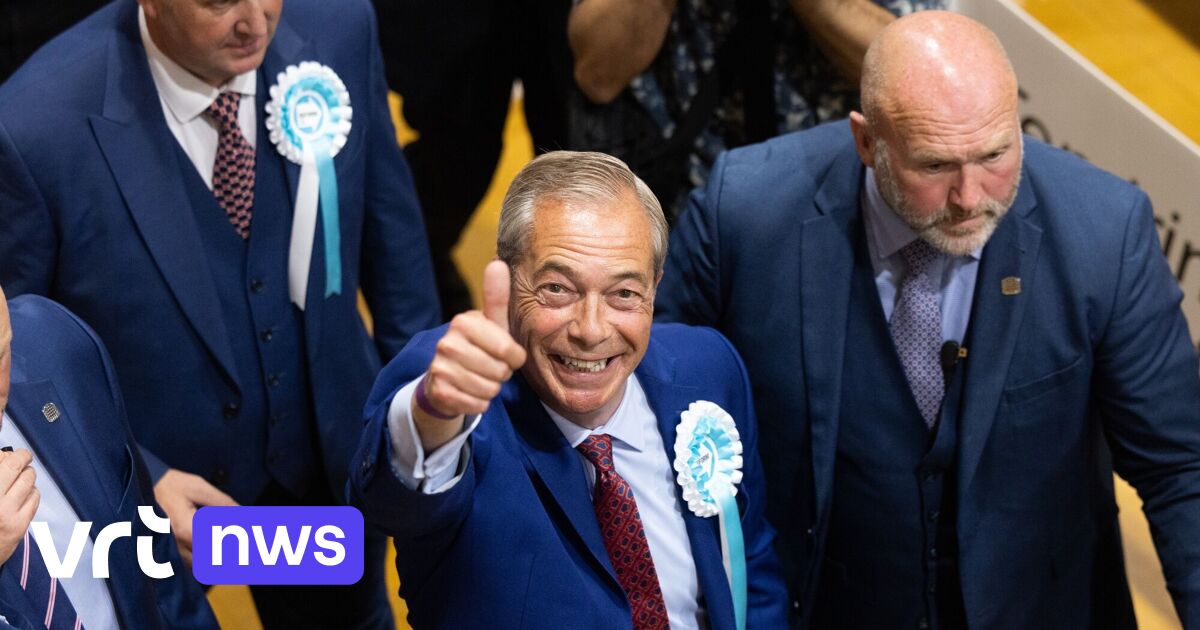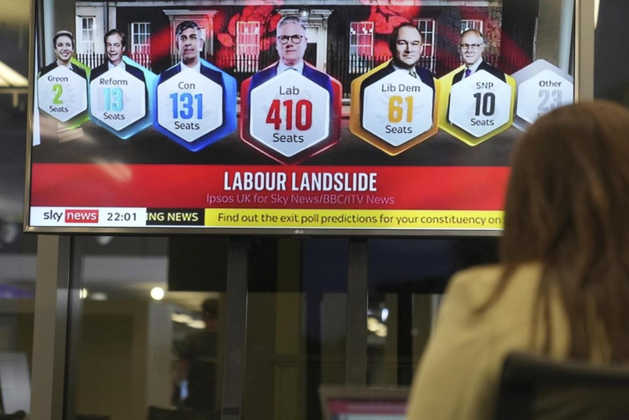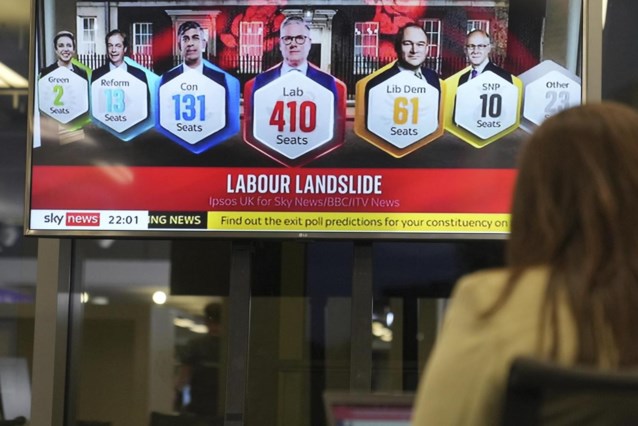The UK has been the target of a series of persistent but unsuccessful Russian cyberattacks. The aim, according to the British government itself, was to disrupt domestic politics. Britain holds Russia’s FSB security service responsible for the hack.
In response to the cyber attack, the British government summoned the Russian ambassador, wrote the Ministry of Foreign Affairs.
Targets of these cyberattacks include British politicians, NGOs, journalists and universities. The hackers, known as Cold River, Callisto and Star Blizzard, worked on behalf of the FSB, according to British intelligence service GCHQ. They carried out targeted attacks against “upper class” individuals and targeted MPs from several British parties.
David Cameron, the British Foreign Secretary, called the cyber attack “completely unacceptable.” He said: “By sanctioning those responsible and recalling the Russian ambassador, we are exposing an attempt to influence and providing another example of how Russia chooses to operate on the world stage.”
List of sanctions
Although most of the cyber attacks were unsuccessful, according to the British government, the hackers did manage to steal some documents. For example, regarding the trade agreement between the UK and the United States in 2019.
The hackers were also blamed for the breach of the Institute for Statecraft, a British think tank that fights disinformation and other threats to democracy. The institute’s internal documents were retrieved and published after the so-called spearphishing attack. Founder Christopher Donnelly was also hacked in late 2021.
The British Foreign Office added two Russian citizens to its sanctions list on Thursday in response to cybercrime. They are Ruslan Peretjatko (38) and hacker Andrei Korinets (36). According to the British, Peretjatko was involved in a hacker group as an FSB agent.

“Hipster-friendly creator. Music guru. Proud student. Bacon buff. Avid web lover. Social media specialist. Gamer.”

/s3/static.nrc.nl/bvhw/files/2023/12/web-0712buicybersecurity.jpg)





